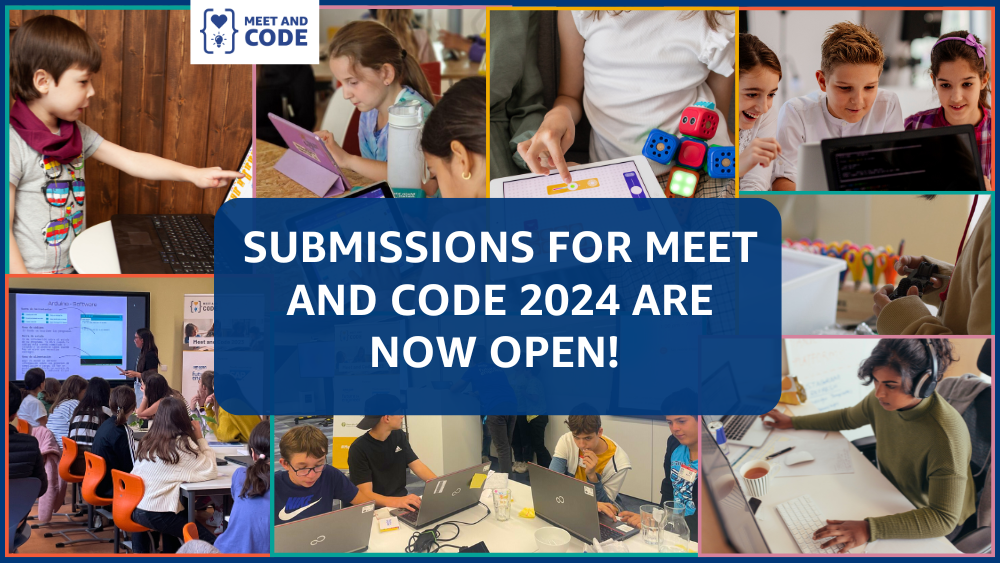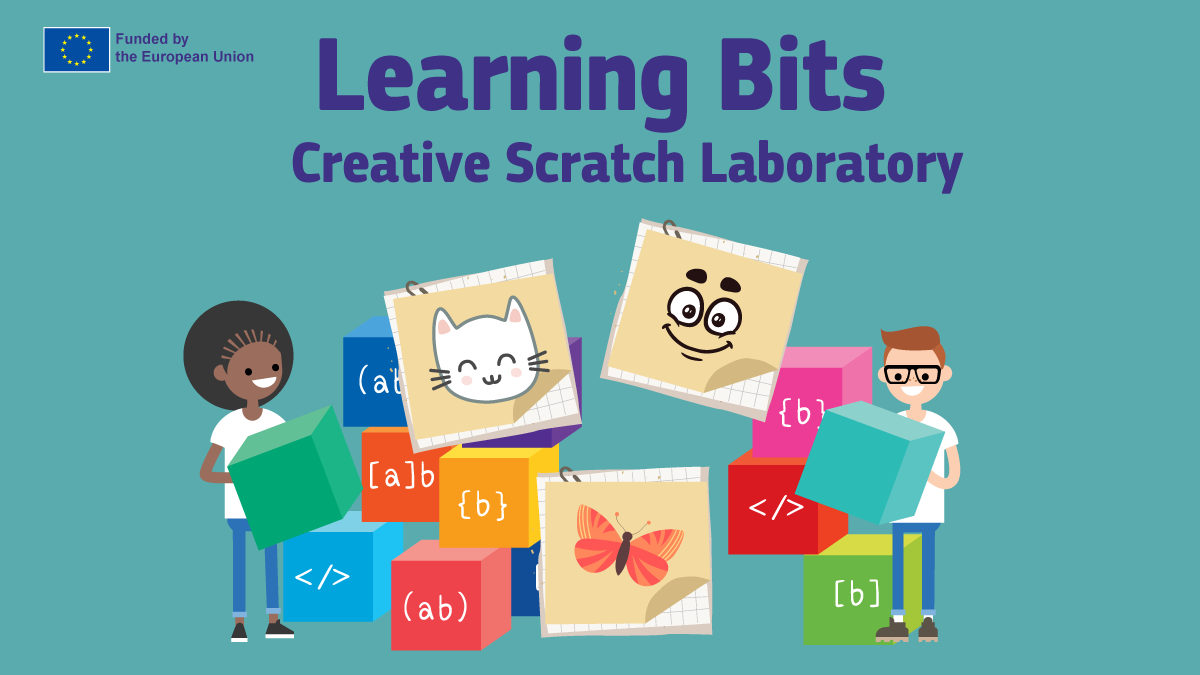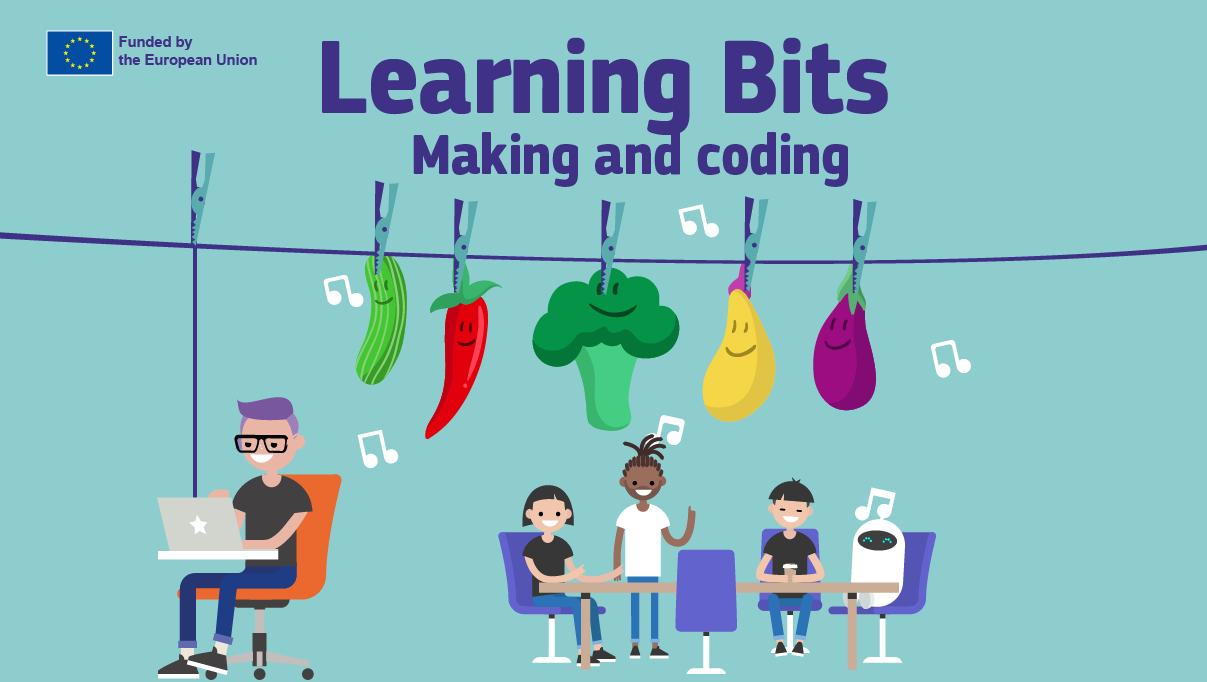A look back on the Icebreaker MOOC
Publication date: September 11, 2019
The Icebreaker MOOC has enabled hundreds of teachers to develop code-related activities in their classrooms. Do you want to know who they are and what they did? We received a look back on the Icebreaker MOOC from Maria, a teacher Italy, and collected some fun and creative activities replicable in other schools!
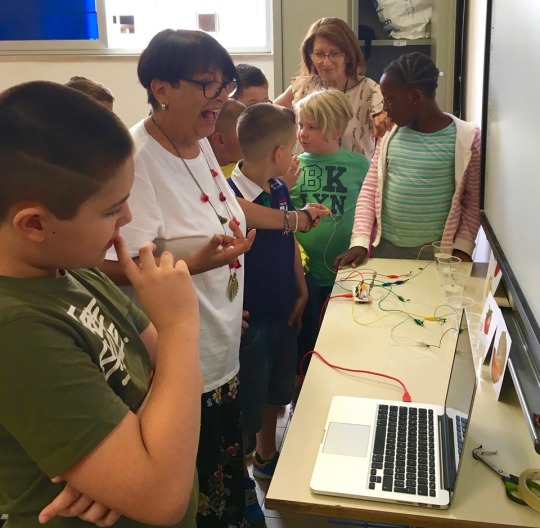
Hello, I’m Maria Sgrò, a mathematics and science teacher in middle secondary school in Sicily. I love
my work and I am happy to see the smiling eyes of my pupils when they reach a
goal. For many years I’ve been using technology to innovate my teaching and a
few years ago I also introduced coding.EU Code Week icebreaker MOOC will provide teachers with the main skills and knowledge about
coding and computational thinking. The final aim of the MOOC is to train
teachers on how to effectively integrate coding and computational thinking in
the curriculum, regardless of the subject they teach.” These sentences
introduced the MOOC on the European Schoolnet Academy and they motivated me to
join in the course.I’ve been participating in Europe Codeweek for three years, involving my students and
other colleagues of my school with their students in many activities, whether technological
or unplugged. I made them use code.org and Scratch to build stories or games.
In the last two years we have included Codymaze too, a team game, created by A.
Bogliolo, in which groups of students use Telegram and QR-Codes with
instructions to follow in order to solve puzzles with the use of computational
thinking.Coding is very beneficial for me on a personal level because it pushes me to develop my
creativity, something I wanted to work on for various years. I have also seen
my students grow through the years.In addition to developing computational thinking, coding also develops their ability to solve
problems, increasing their creativity and motivation.I think a MOOC is very useful for an approach to coding for those who have never used it in class, but it was also
interesting for me because it made me discover tools that I didn’t know and
gave me new ideas for future activities.María
María is one of the many motivated teachers who participated in the Icebreaker MOOC and works on bringing Code Week to their classrooms. Following the Icebreaker MOOC, we have heard of many teachers who created great activities. You might be surprised at how creative one can be when it comes to organising coding-related activities!
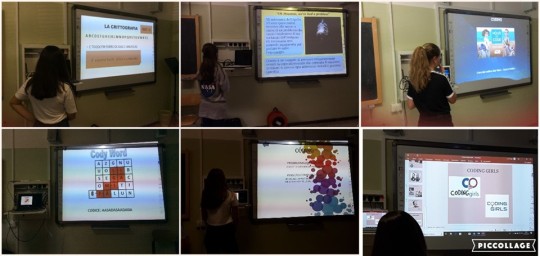
Students in Italy had great fun learning about Healthy Food through coding as the teacher integrated the creation of a game about the topic in Makey Makey, a tool that allows users
to connect everyday objects to computer programs. Other Italian students played around with coding activities incorporating tools such as Scratch and unplugged methods that touched upon various topics of their curriculum. A Turkish teacher, convinced that it is never too early to learn about coding, organised an unplugged activity on the topic of algorithms for younger students. The pupils first read a book about “The Very Hungry Caterpillar” and then filled in the worksheet about this same story. “It is like programming with paper,” the
teacher explained. In France, some students got to resolve an escape room with their coding skills. They enjoyed the challenges they faced with coding, reflections about the environment as well as the fun aspects of the escape room. In Poland, some students tested Photon, a Polish-made robot. While working together, they also learned to make their robot move together!
We love to see all the creative ideas teachers put into place to make coding attractive to pupils and to have fun while learning new skills.
This is only a glimpse of the activities that followed the Icebreaker MOOC. Do you also want to get more ideas for your activities? Would you like to know more about the various options that exist to integrate coding in your classroom?
Take part in the Deep Dive MOOC starting on 16 September and be fully ready and equipped for Code Week 2019!
Click here to learn all about the Deep Dive MOOC!
